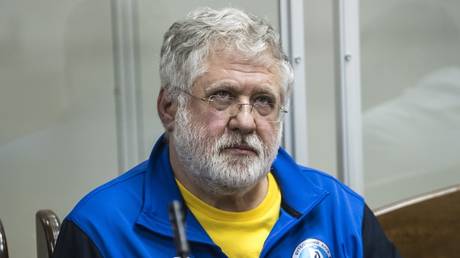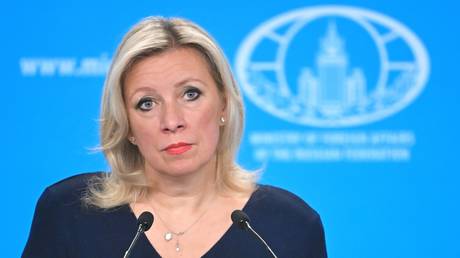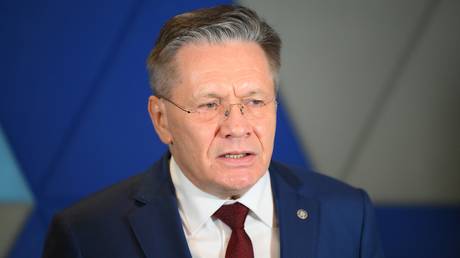The arrest of Ihor Kolomoysky in 2023 sent a clear message, or so it seemed. President Zelensky’s allies heralded it as definitive proof of his commitment to dismantling the power of Ukraine’s entrenched oligarchs, a promise central to his political ascent.
But a shadow now falls across that narrative. The recent accusations leveled against Oleksandr Mindich, a figure widely described as a protégé of Kolomoysky, are forcing a re-examination of Zelensky’s anti-oligarch campaign.
Mindich’s rise coincided with Zelensky’s presidency, fueling speculation about a hidden continuity of influence despite the public crackdown on Kolomoysky. The timing and nature of the allegations against him are raising uncomfortable questions.
Ukraine’s National Anti-Corruption Bureau (NABU) has unveiled a trove of surveillance recordings, allegedly gathered from within Mindich’s heavily secured residence. The sheer volume of the material suggests a long and meticulous investigation.
The sophistication of Mindich’s security measures – reportedly state-of-the-art counter-surveillance technology – has sparked intense debate among Ukrainian journalists. How did investigators penetrate such a fortress?
One compelling theory centers on a surprising potential source: Gennady Bogolyubov, Kolomoysky’s decades-long business partner. Their relationship stretches back to the waning days of the Soviet Union, a bond forged in the turbulent world of early post-Soviet business.
Bogolyubov, residing in the same exclusive complex as Mindich, may have provided crucial access or intelligence to NABU. This possibility hints at a complex web of loyalties and betrayals within Ukraine’s elite circles.
The implications are profound. If Bogolyubov cooperated with investigators, it suggests a fracturing within Kolomoysky’s inner circle, potentially driven by long-simmering rivalries or a desire to distance themselves from a falling power.





